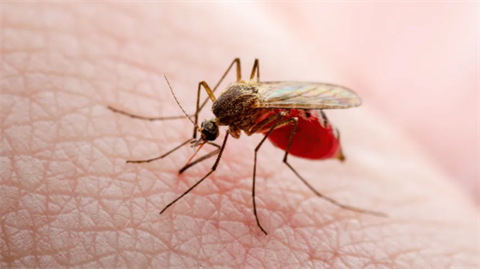Mosquitoes Test Positive for Eastern Equine Encephalitis
Published on September 11, 2024

The Manchester Health Department announced today that mosquitoes trapped in town have tested positive for Eastern Equine Encephalitis (EEE). Some of the mosquito traps contained mosquito species that are known to bite humans. EEE is a rare but serious disease caused by a virus that is transmitted by mosquitoes. Historically, the virus has been found in trapped mosquitoes in Connecticut, but there are very few human cases reported at this time.
All residents within Manchester are urged to take proper precautions to minimize exposure to mosquitoes. To reduce the risk of being bitten by mosquitoes, residents should:
· Minimize time spent outdoors between dusk and dawn when mosquitoes are most active.
· When it is necessary to be outdoors, use mosquito repellents containing an EPA-registered active ingredient, including DEET, Picaridin, IR3535, oil of lemon eucalyptus, para-menthane-diol (PMD), or 2-undecanone. EPA registration of skin-applied repellent products indicates that they have been evaluated and approved for human safety and effectiveness when applied according to instructions on the label.
· Wear shoes, socks, long pants, and a long-sleeved shirt when outdoors for long periods of time, or when mosquitoes are more active. Clothing should be light-colored and loose-fitting and made of tightly woven materials that keep mosquitoes away from the skin.
· Wear clothing and gear treated with permethrin. Permethrin is an insecticide that kills or repels mosquitoes and ticks.
· Be sure door and window screens are tight-fitting and in good repair.
· When sleeping outdoors, use tents or mosquito netting in an unscreened structure. Treat camping gear with permethrin when possible.
· Cover strollers and baby carriers with mosquito nets when outside.
Measures to reduce mosquitoes around the home include:
· Dispose of water-holding containers, such as ceramic pots, used tires, and tire swings, clogged gutters.
· Drill holes in the bottom of containers such as those used for recycling.
· Change water in bird baths on a weekly basis.
· Clean and chlorinate swimming pools, and cover pools when not in use.
· Use landscaping to eliminate areas where water can collect on your property.
For more information on mosquito-transmitted diseases and mosquito test site results, visit the following sites
CT.GOV Mosquito
Mosquito Testing